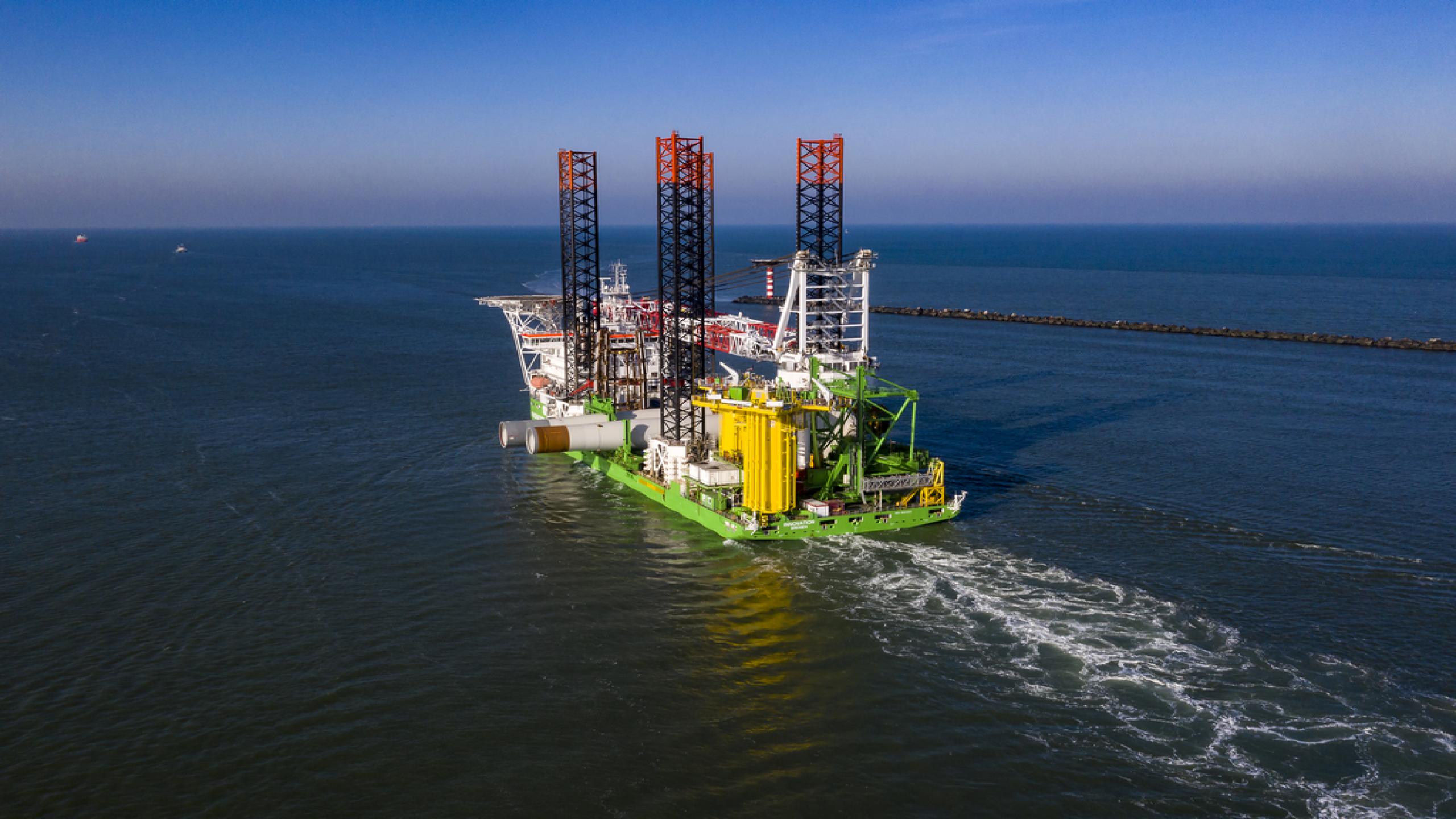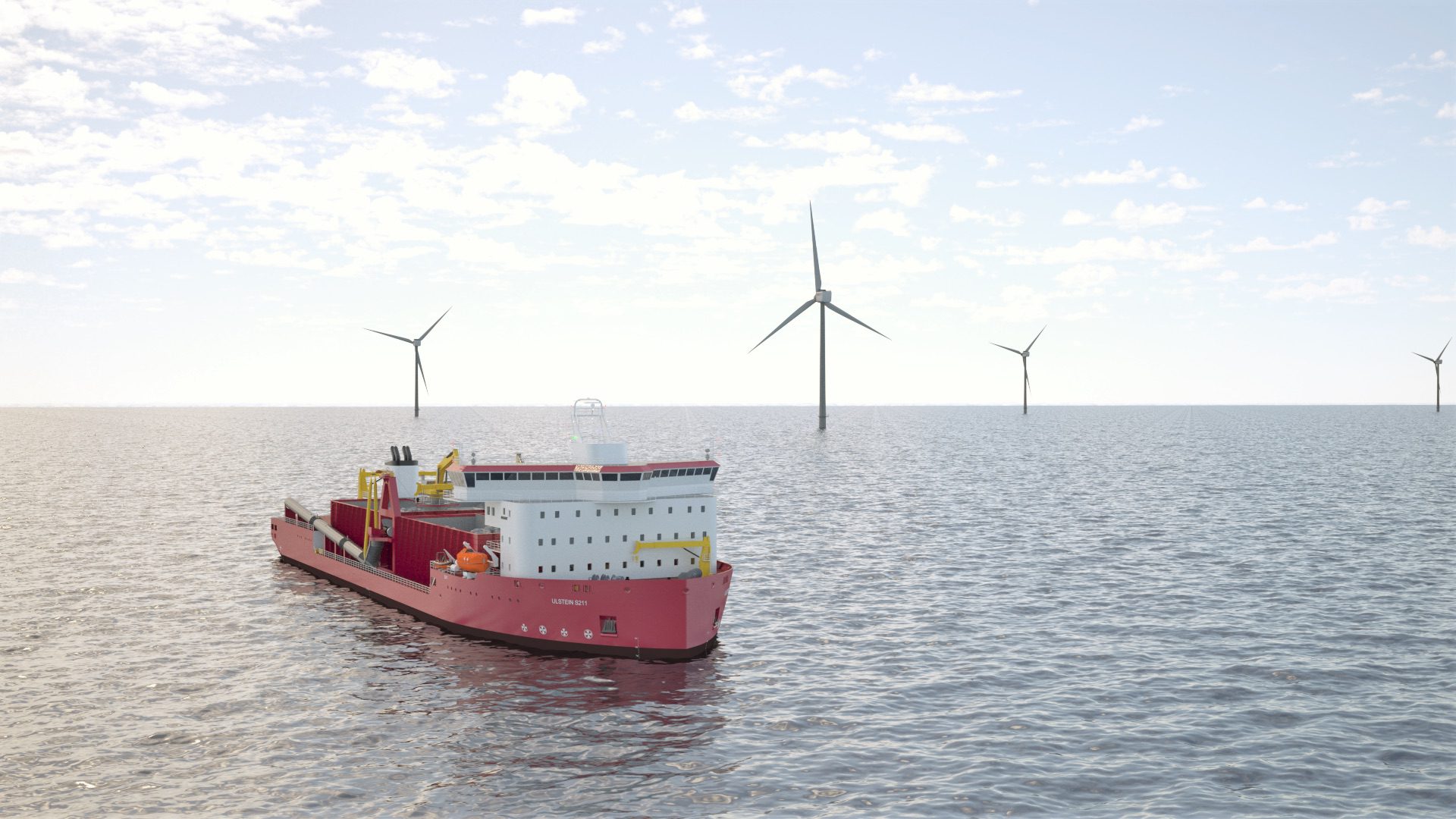Updated: February 21, 2013 (Originally published June 19, 2007)

I have received a few emails regarding Sunday’s story about a DHS agreement to crew one quarter of LNG ships with American mariners. In a post titled Could American Officers on LNG Ships Stop Terrorists From Using Them as WMDs?, Hunt of the Sea Wolves sums up the contrary opinion stating:
Of course, this is all conjecture, but so is the thought that a few American officers aboard an LNG ship could possibly stop armed killers intent on destroying a city and all who live in it.
My Response? While I agree that American mariners are probably not any more capable of preventing a determined terrorist, they do have the ability to harden the target. I have many reasons for this opinion but here are the ones of greatest importance.
- They know the system – American mariners are well versed in U.S. Coast Guard regulations and the manner in which they operate. They are therefore better equipped to be a liaison between the ship and the port security forces.
 They know what is normal – A foreign port is just that, foreign. Having grown up in America the U.S. mariner knows what to expect and what deviates from the norm. Subtle differences in humor, manner of dress and accent… are often the best cues a person has to trigger warning and increase awareness.
They know what is normal – A foreign port is just that, foreign. Having grown up in America the U.S. mariner knows what to expect and what deviates from the norm. Subtle differences in humor, manner of dress and accent… are often the best cues a person has to trigger warning and increase awareness.- Vetting – U.S. mariners are required to submit character references, take drug tests and agree to extensive FBI background checks prior to receiving a license. When they arrive aboard ship they are more of a known entity than a crew of foreigners.
- Once issued the Coast Guard has more power to suspend or revoke a U.S. license than that of a foreigner. As the old saying goes “A person only does what a boss checks and has the authority to correct”. The USCG frequently checks U.S. mariner’s qualifications and has the authority to take corrective action against them.
- September 11th – Every U.S. mariner remembers how he felt that morning. To us the threat is real and ship/port security is more than just another job requirement. This doesn’t mean that foreigners will disregard the threat but unless you have lost a loved one from (fill in your reason) not wearing a seatbelt you may not understand a police officer’s seemingly excessive action when you fail to buckle up. Unless you have felt the pain of 9/11 it is difficult to take some excessive ISPS regulations seriously.
Some will paint this opinion as xenophobic or protectionist but again I disagree. Take all references to “U.S.” out of the story and you’re left with sound policy. There is no reason ¼ of all ships going to Australia, India, Japan… shouldn’t be crewed with local mariners. LNG ships are primarily on liner runs, if they were tramp ships my opinion might differ.
For a good insider’s perspective on this topic view this MaritimeLinks posts:
Editorial Standards · Corrections · About gCaptain

 Join The Club
Join The Club












